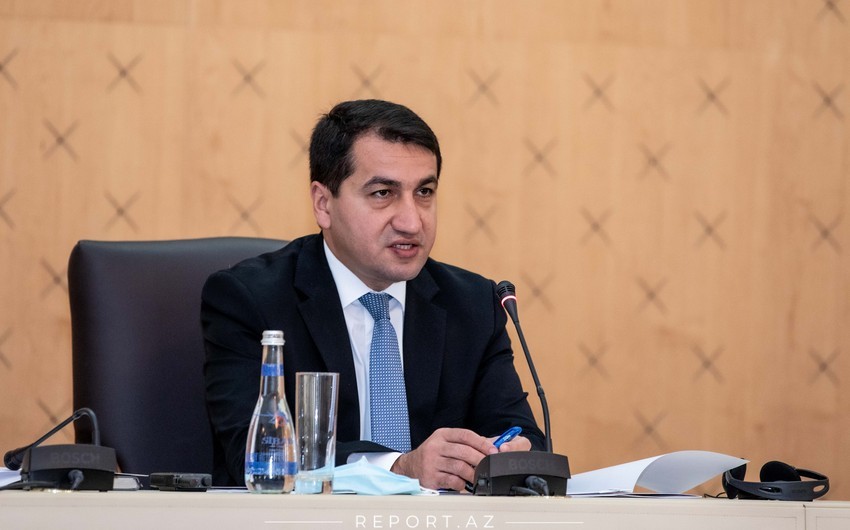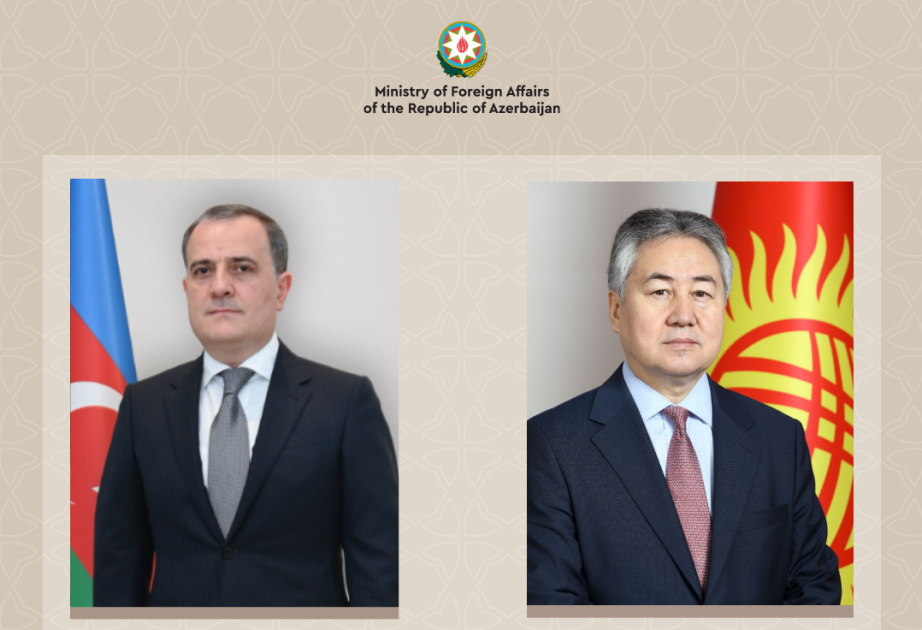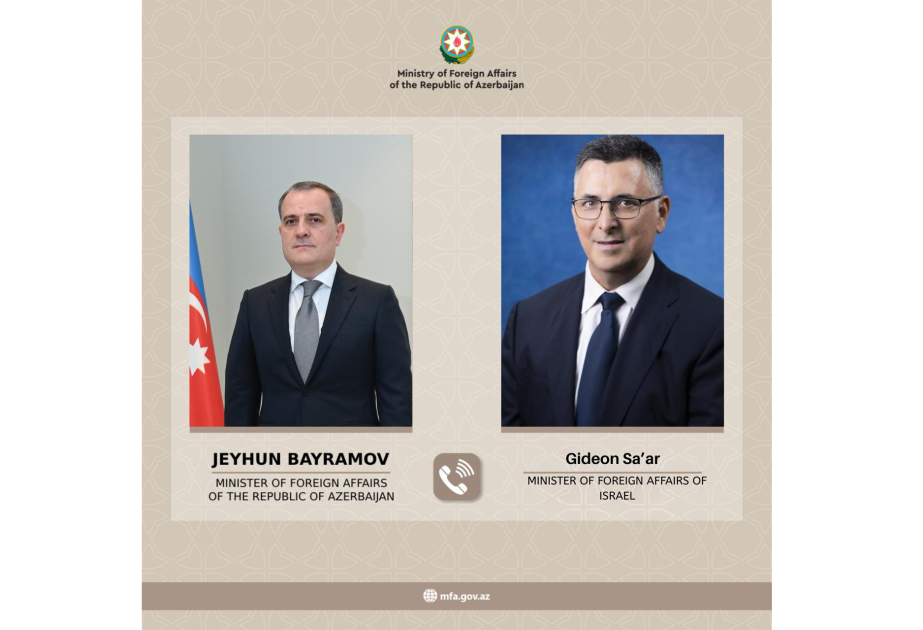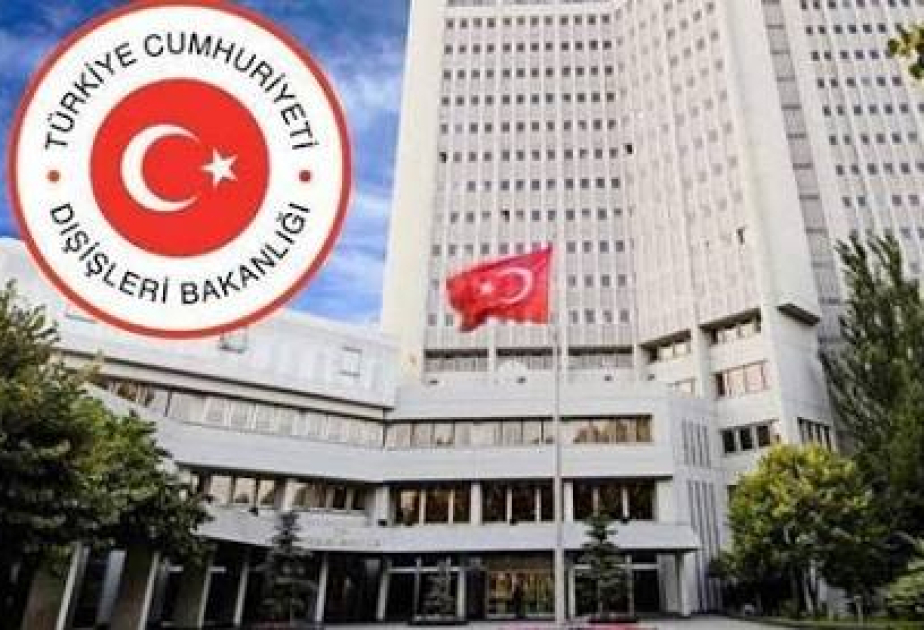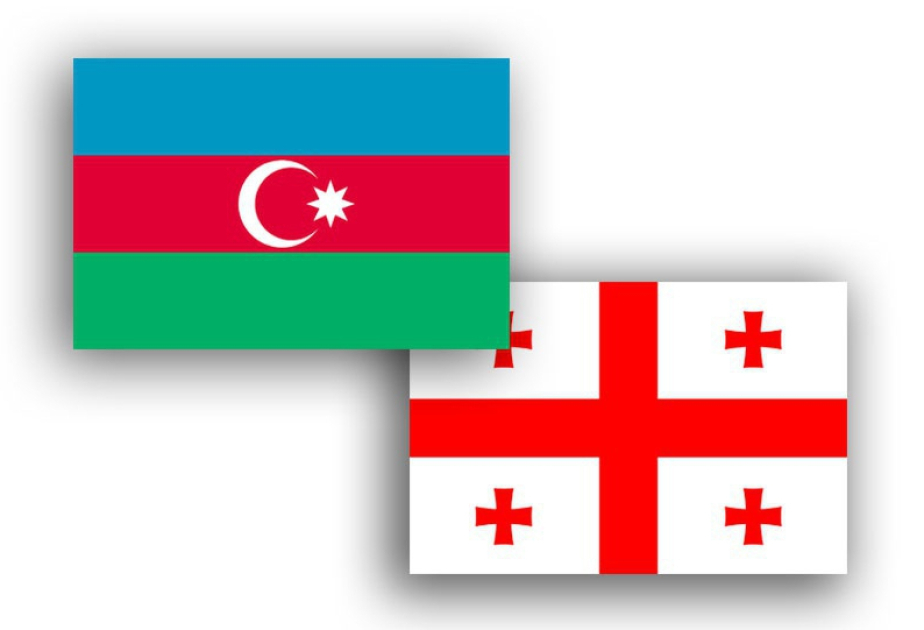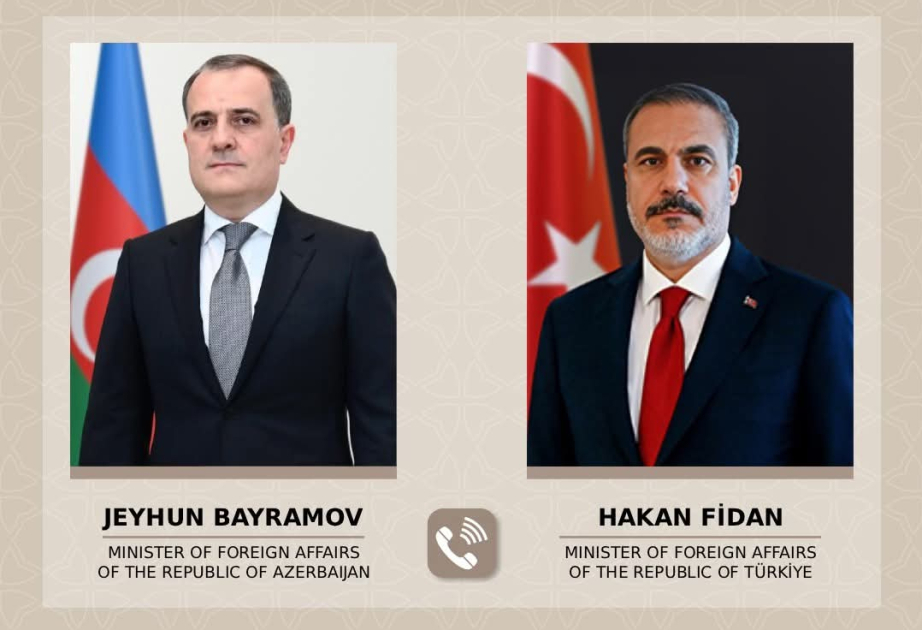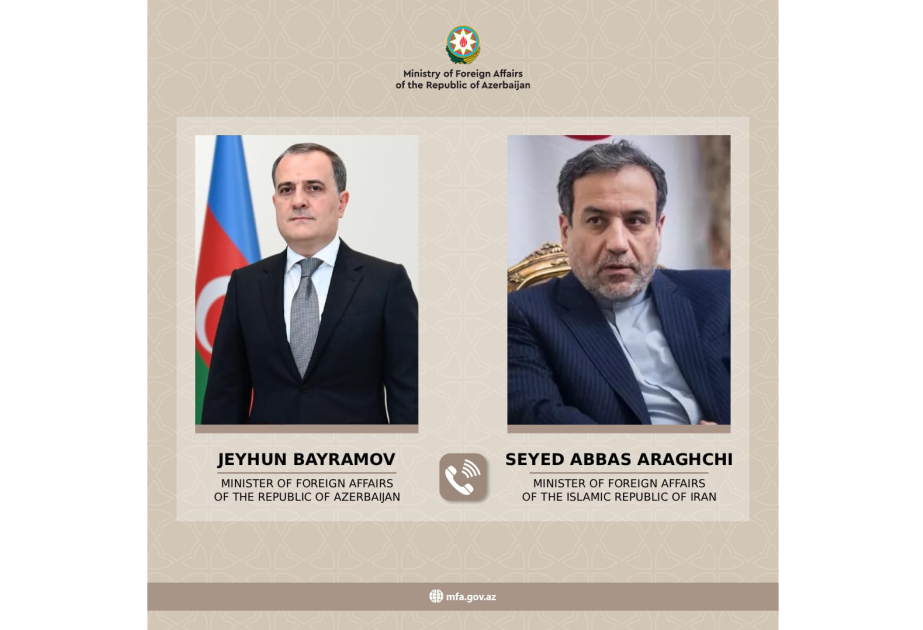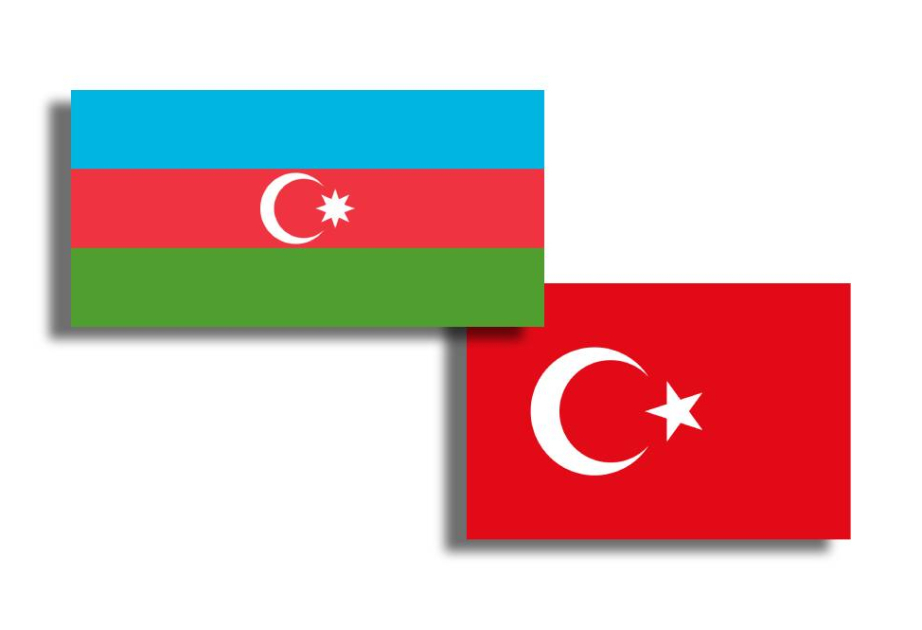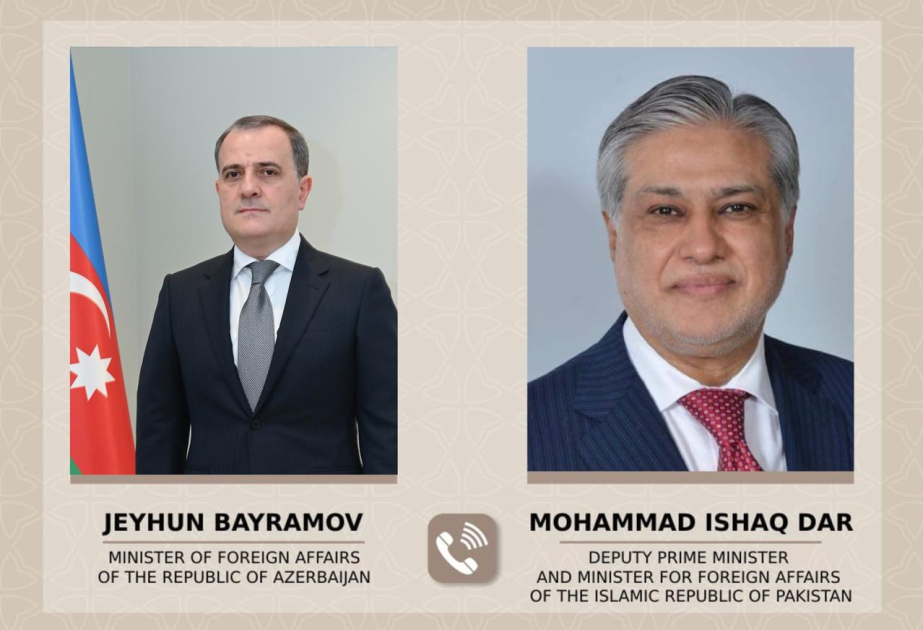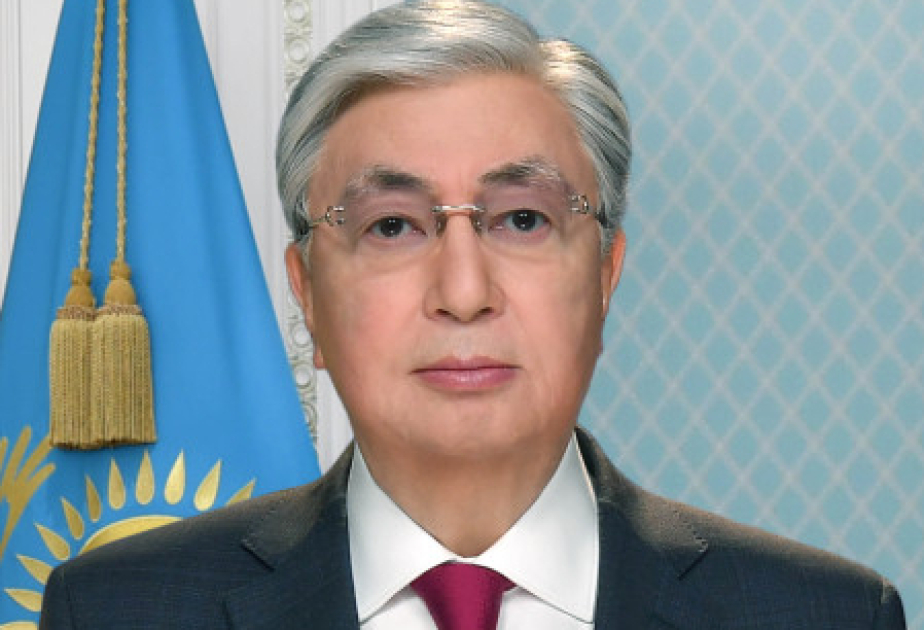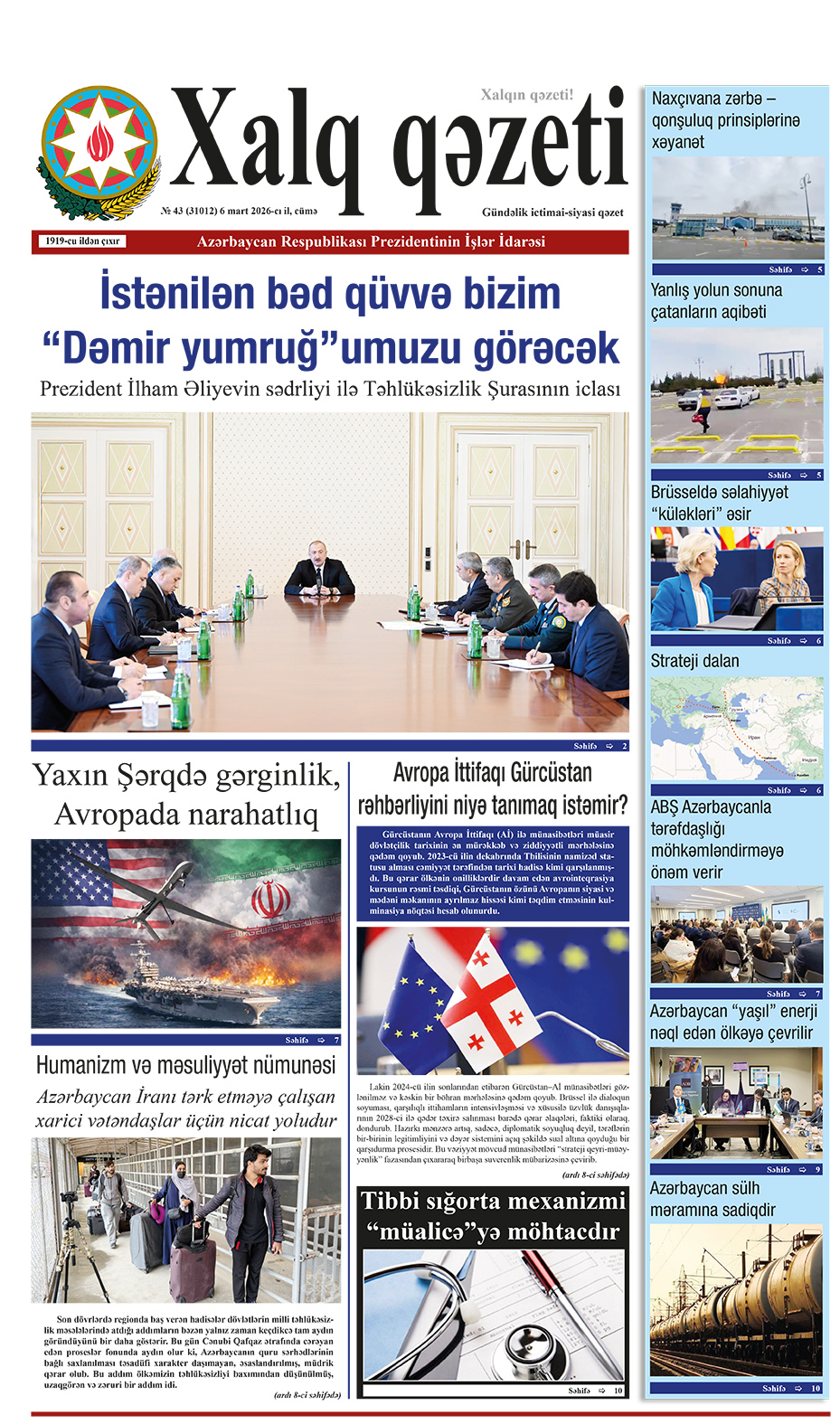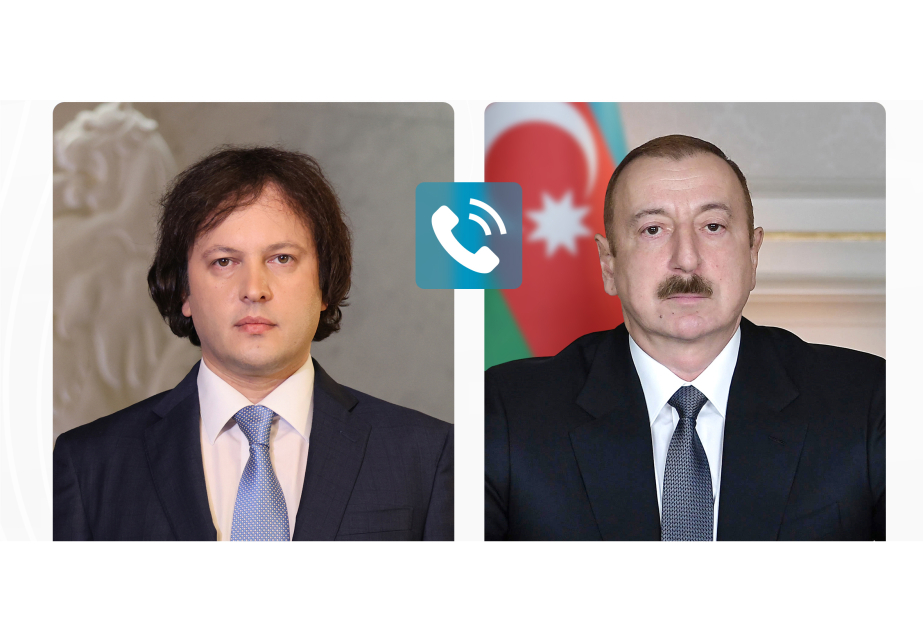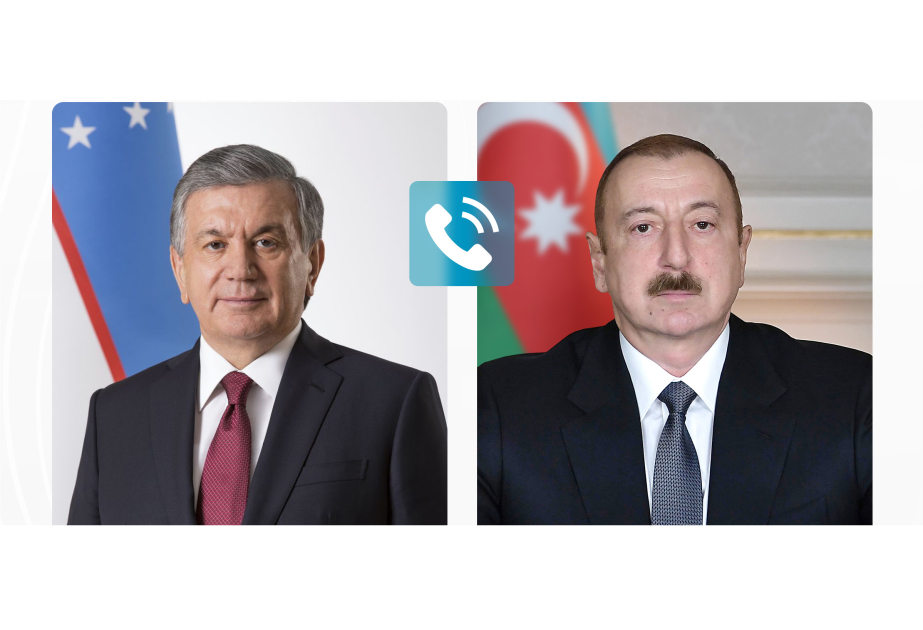Azerbaijan’s agenda is now about peace and to normalize bilateral relations between Armenia and Azerbaijan, Hikmet Hajiyev, assistant to the president of Azerbaijan on foreign policy affairs, said in an interview with EU Today, XQ informs.
“Armenia’s illegal regime has now been disarmed and taken out from the territory of Azerbaijan. This means that there are now no obstacles for a peace treaty between Armenia and Azerbaijan. We think that this is a historical opportunity to turn the chapter of animosity and hostility between two countries and to build sustainable peace based on the five fundamental principles that Azerbaijan suggested to Armenian side,” he said.
“Then I think that Azerbaijan has also established model of resolution of one of the most prolonged conflicts on the wider map of Eurasia.”
He reminded that the OSCE failed to resolve the conflict, although the Karabakh conflict has been one of the issues facing the OSCE since the very establishment of this institution: “The Minsk Group has failed: the Minsk Group Co-Chairmanship Institute has failed because the mission of that institution was to maintain and continue the occupation of Armenia against Azerbaijan.”
However, this chapter of the military occupation and injustice is now over, he noted.
“Therefore, Azerbaijan’s agenda is now about peace and to normalize bilateral relations between Armenia and Azerbaijan. But any peace engagement requires two sides to play their role, and Armenia should also perform her role and demonstrate positivity and good will. We have already submitted to the Armenian side fifth revised version of the peace treaty, but it takes more than two months since they have not responded yet.”
“Now new realities have emerged in our region. These new realities are based on legality and legitimacy,” he said.
He went on to discuss Azerbaijan’s intentions in its future relationship with Armenia. “We would like to build new regional security architecture in the region, based on the principles of justice, recognizing one another’s territorial integrity and sovereignty, and ceasing all territorial claims on one another. I think that we should come to the conclusion of peace. And then I think that other partners can also support that agreement.”
“First of all, peace lies and regional security lies not in Brussels, not in Paris, not in Washington, or Moscow or somewhere else. Peace lies in the region itself,” he added.
Speaking about the attitude of EU institutions towards Azerbaijan during the years of the so-called frozen conflict, he noted that they were never fair towards Azerbaijan when its territories were under occupation.
“My question is, why? And for so many years, there was one attitude for separatist entities in Georgia, in Moldova, and in Ukraine, but there was some other attitude towards Azerbaijan.”
He then pointed out that some EU member countries, like France, have started a militarization program in Armenia: “First, we don’t think that any militarization program is helpful. Armenia doesn’t need a militarization program. Armenia needs a peaceful program to prepare Armenian peace for its neighboring countries. We have always advised the member states, such as France, first, don’t support separatism in Azerbaijan’s territories. Second, don’t send unnecessary messages of supporting revanchism in Armenia, and also stop presenting geopolitical unnecessary games in our region. Unfortunately, these are the facts.”
However, Hikmet Hajiyev noted that the relevant European institutions should be part of the solution:
“We think that this is a historical opportunity and a historical momentum, and that appropriate European institutions should also be part of the solution, not the problem, to advance a peaceful agenda in the region of the social crisis.”


